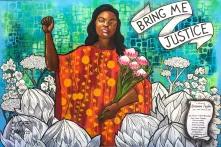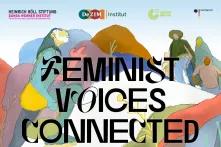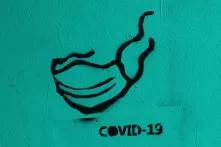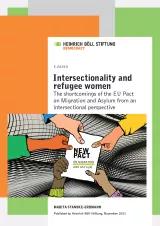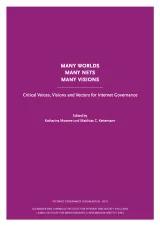Intersectional Feminism
The concept of intersectionality comes from black activist movements and was particularly coined by the lawyer Kimberlé Crenshaw. The term describes how different forms of discrimination and inequality interact, reinforce each other and create a new type of discrimination. The approach makes it clear that social categories such as race, gender, sexual identities, abilities and social classes do not occur in isolation from one another, but rather overlap and interweave. The name “intersectionality” is derived from the English term “intersection”: overlap, intersection or intersection.
Intersectional feminism is committed to looking at the complex realities of people's lives and the effects of multiple discriminations and privileges and to placing the concerns of marginalized groups at the center of feminist solidarity.
Zur Zeit sind keine Veranstaltungen geplant
All GWI members are working on this topic.
Please feel free to contact us by email: info@gwi-boell.de





